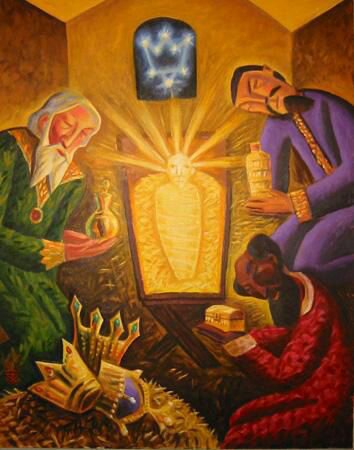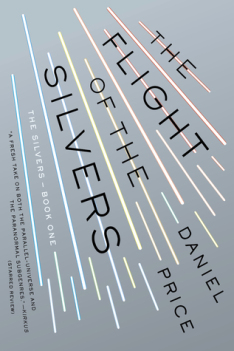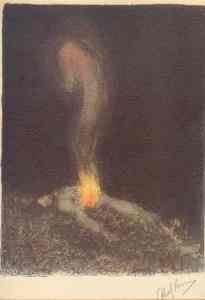
The Magi went to the palace first.
Eventually they would kneel before Jesus, but first they’d be distracted by earthly power, a magnificent palace, a king who whispered in the ear of emperors. It’s a distraction that’s understandable, but still it leads to an atrocity. The pursuit of power so often does.
Then, when the Magi arrive in Bethlehem they find God, toddling and crying, graze-kneed and circumcised. Godhead made uncoordinated and babbling, death squads just days away and the Omnipotent forced to run.
It’s a strange sort of power that’s revealed at the Epiphany, certainly not the power we see worshipped today, not the power we seek for ourselves in a twisted attempt to build the Kingdom of God with the bricks of Empire. Epiphany reveals God in vulnerability and in nappies, the Word of God without words. This isn’t where we look for power, we don’t look among the poor, the marginalised, the oppressed. We look to the rich, the connected, we turn on the vulnerable out of a never-ending fear, we want to drive away the homeless to make way for a royal wedding. Two thousand years after the Magi blundered into Herod’s palace and we still make the same mistake.
There’s an ongoing temptation to look for God in all the wrong places. That’s when we need to remember that God stands with the weak, the oppressed, the persecuted, the poor; we need to remember that God works not in our arrogance, our pride, our confidence but in our weakness, our vulnerability, our brokenness. Maybe this Epiphany it’s not about asking why we can’think see God; maybe it’s about confronting whether we’re looking for Him in the right place; if we’re truly looking for God or just the trappings of power.
Advertisements Share this:




